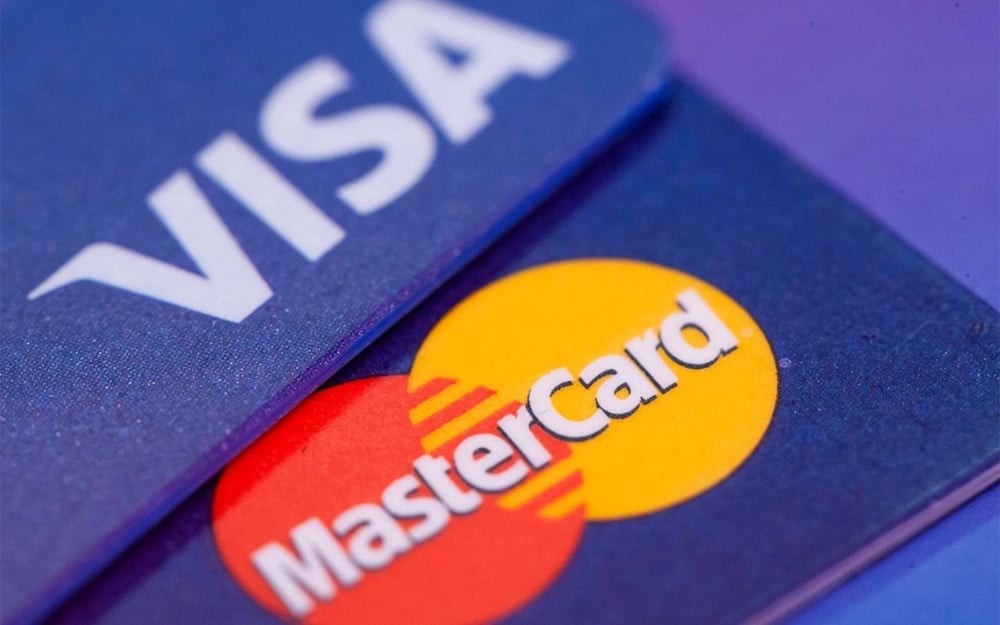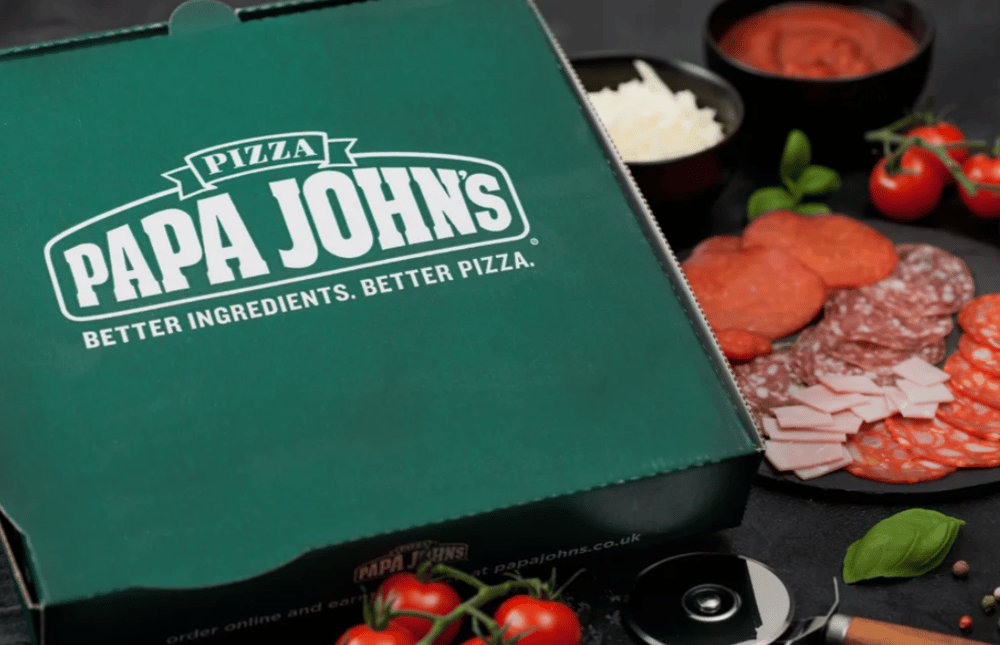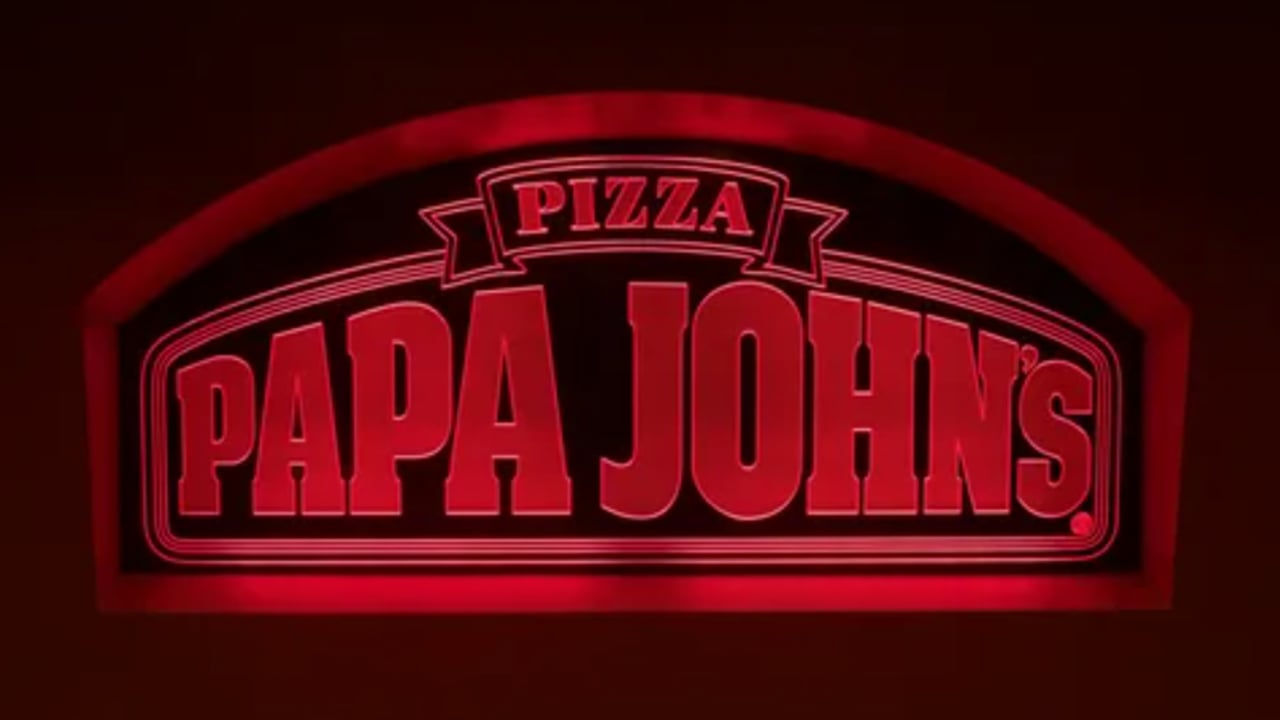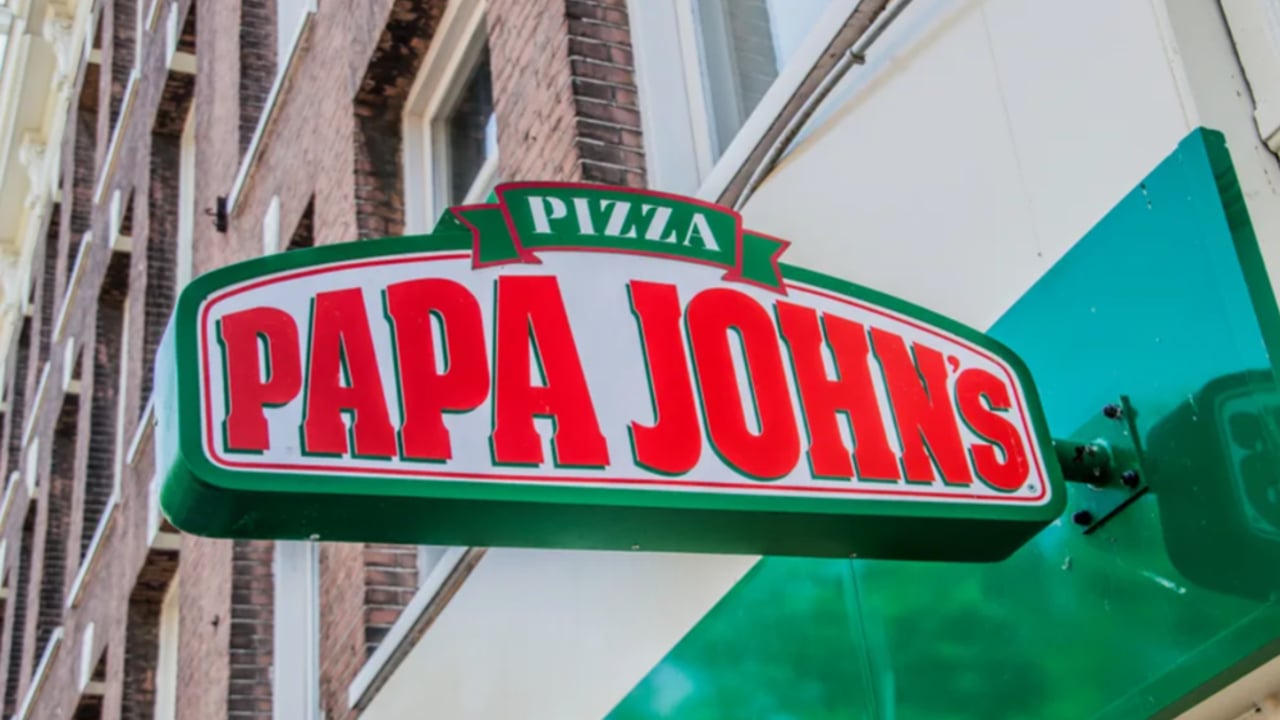Amid the rapid evolution of technology and intensifying competition in the global food service market, forward-thinking approaches have become a linchpin for success. Recently, the international restaurant chain Papa John’s International announced an expanded partnership with Google Cloud, aimed at integrating artificial intelligence (AI) into its ordering process. This strategic move is designed to boost customer service quality and streamline operations.
Advanced Technologies Reshaping the Industry
The collaboration with Google Cloud opens up new avenues for Papa John’s International to personalize its communication with customers. According to company statements, plans are underway to enable tailored push notifications, targeted marketing emails, and loyalty program offers based on historical customer behavior and various influencing factors. By leveraging data on past orders, preferences, and seasonal trends, the company envisions offering options that closely align with individual tastes and usage patterns.
Moreover, emphasis will be placed on enhancing the online chatbot and integrating virtual assistants. These innovative tools will streamline the ordering process and reduce the workload on customer support centers. Incorporating AI not only accelerates query processing but also refines the overall interaction, ensuring that ordering remains a quick, efficient, and intuitive experience.
Diverse Approaches to Optimizing the Ordering Process
The initiative announced by Papa John’s International highlights the restaurant industry’s commitment to deep data analysis and customer-centric innovation. Implementing AI-driven digital transformation allows the company to adapt to modern conditions while introducing groundbreaking solutions to increase sales and operational efficiency. Such technological advancements are closely aligned with current trends in digital marketing and process automation.
Project Implementation Roadmap
The company has devised a comprehensive action plan that includes the following key stages:
1. Conducting an in-depth analysis of customer behavior to determine the primary factors influencing purchase decisions
2. Integrating the Google Cloud platform and configuring personalization algorithms for push notifications and targeted email campaigns
3. Developing and launching an online chatbot capable of processing orders via virtual assistants
4. Optimizing loyalty programs based on data analysis and evaluating the impact of the changes
5. Monitoring outcomes and fine-tuning strategies to continuously enhance service quality
These steps will not only facilitate the implementation of cutting-edge technologies but also pave the way for a more agile customer engagement system that promptly responds to consumer behavior and market shifts.
Benefits of AI Integration
- Enhanced speed and precision in processing customer inquiries
- Improved service quality through personalized offers
- Reduced operational costs by decreasing dependency on human operators
- Predictive analysis of future customer behavior based on data insights
- Reinforced brand image as an industry leader in technological innovation
Analysis and Market Development Prospects
The integration of AI into customer service processes represents a strategic decision for companies aiming to optimize their operations amid rapid technological change. Trends indicate that such innovations enable businesses not only to meet current consumer demands but also to anticipate future expectations. Partnerships like the one between Papa John’s International and Google Cloud set a precedent for further embedding advanced technologies into traditional business models.
A significant focus is also placed on data security, a critical priority given the increasing volume of digital information. Personalization powered by AI necessitates rigorous adherence to data protection standards, ensuring both effective service delivery and the safeguarding of sensitive customer data. This approach not only fosters long-term consumer relationships but also opens up new avenues for research in process automation.








The potential impact of this sale on automation in technology is enormous.